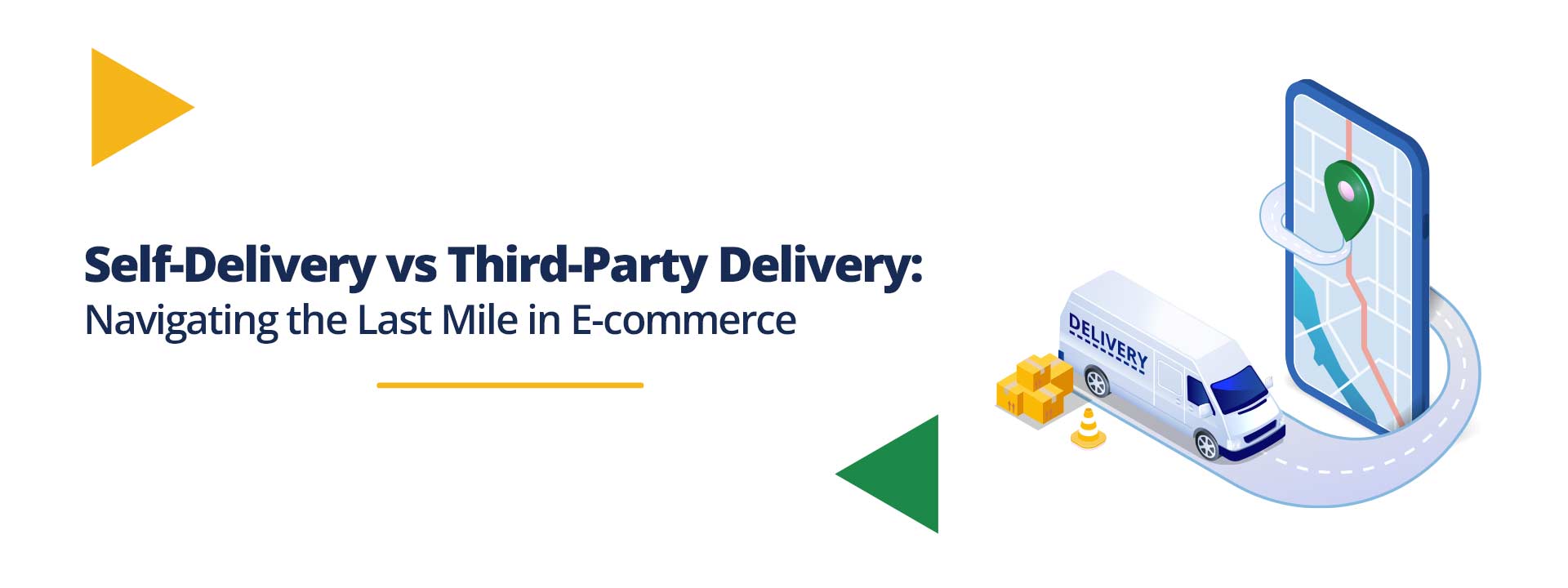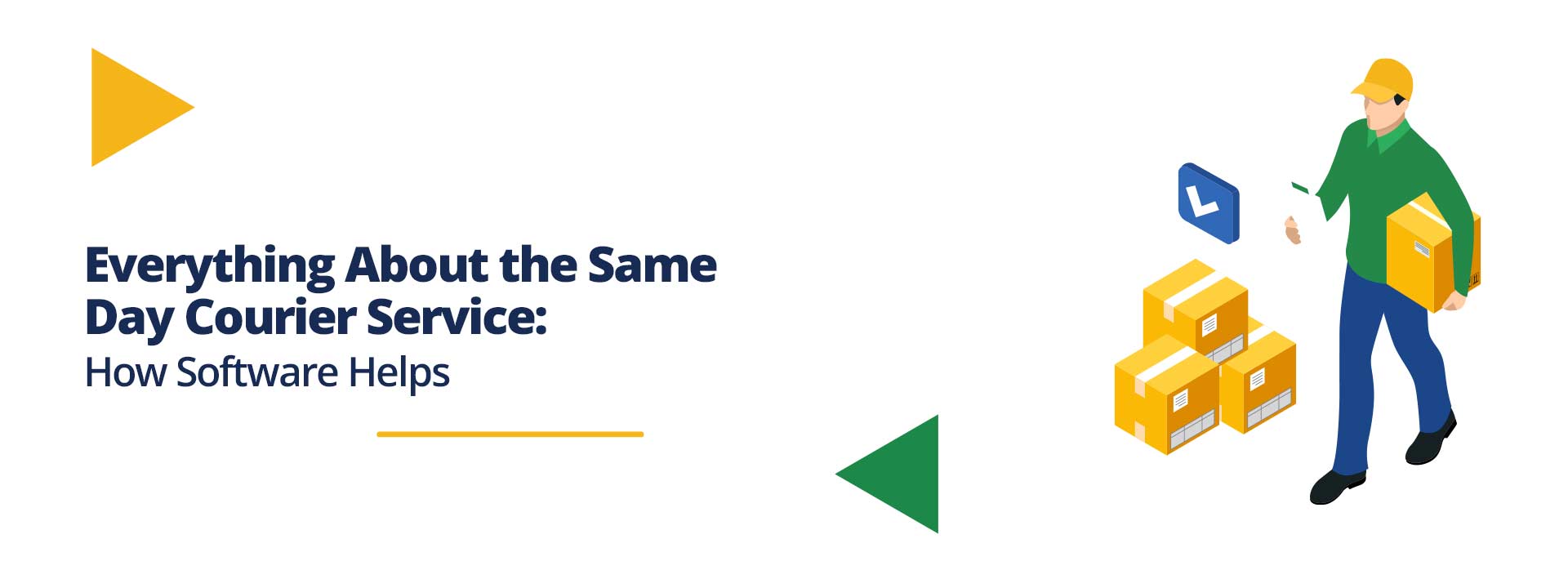The Kingdom of Saudi Arabia is a rapidly growing market for delivery service businesses relevant to many industries. The online food delivery market in Saudi Arabia alone is valued at $511 million and is expected to grow more in the coming year. Many businesses are noticing the potential for growth and success in the market, and hence starting their online delivery service in the country.
However, starting up your own delivery business in Saudi Arabia is not as easy as it might be in any other country due to a lot of government regulations and rules that must be followed in order to legally run your business.
Here is a quick guide to how you can start your own delivery service businesses in Saudi Arabia:
- Have a smart plan
When starting a business, make sure that you are offering a solution to a problem in demand. No one will avail your product if it is not meeting certain needs or requirements of the consumers. Once you have decided what services or products you want to sell, you should develop your business plan.
Developing a business plan does not mean that you should draft a 50 pager, with each and every detail included. Your business plan should be a lean pitch containing what your business strategy and business model is, what tactics it would follow, and the finances that would be needed to bring the plan into reality. For your online delivery service, you will have to plan out the locations for delivery you want to cover, the timings that you can cover, fleet management, and other logistics related to delivery management as well.
- Gather the capital and develop your product
Once you have a plan that you are happy with, start pitching it to the relevant sources to gather the needed capital to start your business. The minimum capital investment to register an LLC is SRL 500,000 and between 2 to 50 shareholders. On top of this, there is funding and capital needed for the development of your product and brand as well.
There are different ways to gather funding in Saudi Arabia. The available options include seeking capital from angel inventors, venture capitalists, crowdfunding, or even self-funding. In the third quarter of 2021 alone, Saudi Arabia’s startups managed to witness a quadrupled rise in funding from venture capitalists. So, if your plan is solid, you won’t be disappointed.

- Stay on top of all documentation and laws
The government has transferred all the relevant procedures to the Communication and Information Technology Commission (CITC) and in the beginning of 2020, the commission has regulated the specific documentation that is required to run your delivery business successfully in the region. These are meant to ensure that the rights of consumers are protected and that the delivery service in the country is of the best possible standards.
The CITC has provided the public with all rules and regulations that companies must be updated with, and they can be viewed here.
They have provided a list of documents regarding the business owner’s identification, the business registration documents, and such in order to get the business verified. The business must have the ability to protect all data of the consumers, ensure that their is a system of receiving and catering to customer feedback, ensure all vehicles used are registered and drivers have licenses, have a mechanism to manage RTO, and such details.
The government has started efficient regulation of all laws and all service providers must ensure that their company policies and terms and conditions of delivery service businesses are up to date with the attest requirements to avoid the resultant ramifications. This may include heavy fines or even the suspension of the business in the country.
- Sign up for a Delivery Management Software
Delivery management comes with its own set of challenges and issues. While it is always possible to manage the deliveries manually, there is a cent-percent chance of messing up and compromising on customer experience. Delivery management is best performed if you have a route optimization software, last-mile-delivery software, and a fleet-management software as well.
However, having a large number of software is difficult to manage and also is a burden on resources and finances. This is why the smartest option is to choose an order and delivery management software such as Shipox, which will enable you to avail all features required for complete delivery management in a single platform. By using such software, your business processes will become automated and more efficient. It can also help to increase the rate of FDDS. In this way, you will be able to optimize your costs and resources and focus completely on your business growth.
- Keep up with the latest trends
Other than the rules and regulations, another thing to stay on top of is the rapidly changing market trends and industry demands. For this, your business should constantly be aware of what the competition is up to, and it must adapt to the new market practices constantly so that it is able to deliver exactly what the consumers demand.
For instance, logistics businesses are rapidly evolving. In 2020, KSA alone witnessed 25% automation in the warehousing process. 40-45% of respondents from a survey by Statista claimed that it is expected that by 2024, they will ask for higher physical automation of warehouses in order to increase the speed, volume and the flexibility of logistics. It is expected that by 2027, more than 40% of the consumers globally will be demanding environment friendly and sustainable deliveries. Moreover, there will be a greater emphasis on the speed of the delivery process and there will be growth of last-mile deliveries worldwide. Keeping these predictions in mind, your company must strategize its plans and goals for the coming years.
Shipox is a data-driven Delivery Management Software that enables its users across a multitude of diverse industries to avail market competitive features and customer support in order to automate and perfect their delivery process. Shipox users are able to increase the efficiency of their delivery process, optimize their costs effectively, and enhance their customer experiences. To learn more, you can sign up for a quick demo here.




